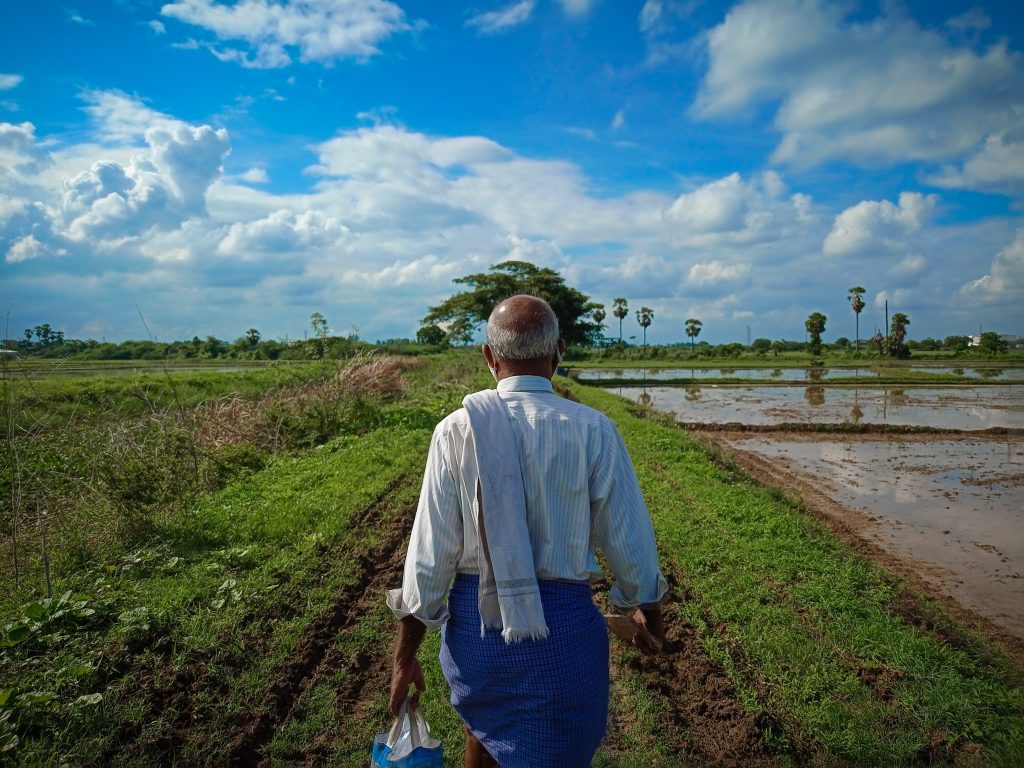This paper delves into the measuring transaction costs linked to agri-environmental schemes (AES) and crafts a framework to gauge these costs. Applying this framework to the Dutch AES, where farmer collectives serve as intermediaries between farmers and the government, it examines the private transaction costs within the collective scheme.
Comparisons made with the previous individual approach reveal a significant increase in transaction costs for the collective and a decrease for public actors. Notably, the execution of the Dutch AES relies heavily on volunteers, whose costs aren’t officially recorded. Despite successful coordination, the AES in the Netherlands bears substantial transaction costs for collectives, and its reliance on volunteers poses long-term fragility.
Read and download the paper here.



